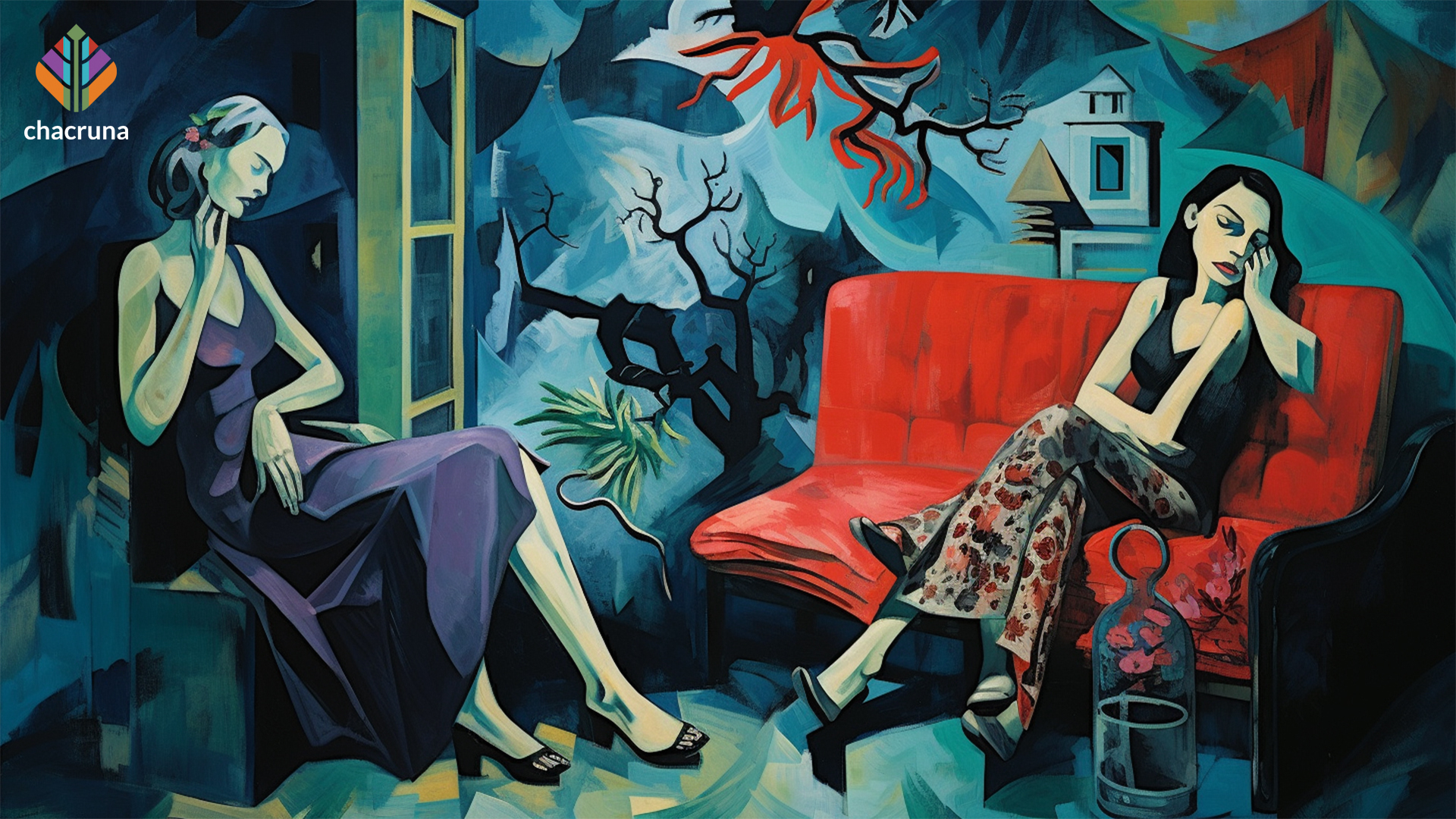Set and setting are central concepts in today’s models of psychedelic-assisted therapy. However, this has not always been the case: set and setting are theoretical constructs, which emerged from fierce epistemological debate. Schools of psychiatry in some parts of the world have relied on it more than others. Researchers in France who engaged in experiments with LSD between 1950 and 1970 distinguished themselves by not employing this new technique. They even asserted that the “shock” triggered by the LSD experience must lead to the patient’s improvement. As a result, early French psychedelic researchers’ therapeutic results were generally inconclusive, and patients routinely reported unpleasant experiences, which made the clinical findings even more unreliable.
To understand why French physicians ignored set and setting models, requires appreciating the context of post-war psychiatry in France. Conventional approaches downplayed the importance of patients’ feelings, while the long-established French institutional system viewed psychiatrists somewhat distinctly first and foremost as scientists, not therapists.
Female patients were cared for and evaluated through a patriarchal lens.
Moreover, during a period when psychiatry was still dominated by men, female patients were cared for and evaluated through a patriarchal lens. These contextual features help to explain how France developed its own psychedelic research culture, which ignored set and setting considerations in the psychedelic therapeutic context.
Find more information on the upcoming Psychedelic Culture Conference.
Two of the most influential French psychiatrists of the time studied the effects of LSD almost exclusively on women. By contrast, Erika Dyck and her colleagues gathered and transcribed over 1,000 patient observations at Hollywood Hospital in British Columbia, and in three other clinics elsewhere in Canada, and found that only 27% of all recipients of psychedelic therapy were women. Consequently, it is crucial to examine how the experimental subjects’ gender may have influenced the way psychiatrists interpreted the phenomena caused by the psychoactive drug and their disinclination to show care and support toward their patients.
The first study of LSD in France began in 1951, when psychiatrist Jean Thuillier at Sainte-Anne hospital in Paris wrote to Zurich-based Sandoz to request the drug “out of curiosity… to compare its effects to the delirium of certain types of psychosis.”At the time, Sainte- Anne was at the leading edge of psychedelic research; moreover, the hospital played an important role in training elite psychiatrists, and broadly influenced French psychiatry as a result.
My chapter in Expanding Mindscapes is based on two archival documents representing research carried out by two “masters of French psychiatry,” Jean Delay (1907–1987) and Henri Ey (1900–1977).

Shop our Collection of Psychedelic T-Shirts.
The first is a 1958 article published by Sainte-Anne based Delay and his intern Philippe Benda in the journal Annales Médico-Psychologiques, in which the authors present 75 patients, including 72 women who had recently been admitted to the hospital. The paper reveals some particularly horrifying sessions, which Ey, who worked at the Bonneval hospital, noted at the time and spoke of years later, saying that “Delay and Benda’s subjects were full of anxiety and said very little about states of euphoria. ”As it happens, euphoric states were reported in the trials that made use of set and setting.
I demonstrate that patriarchal and patronizing relationships between male psychiatrists and female patients was a key factor explaining the complex phenomenon of the systematic inattention to the notion of set and setting in early psychedelic therapeutic contexts in France.
Building off a wealth of scholarship on the oppression of women in France and elsewhere, particularly in regards to reproduction, I show how Delay, Benda, and Ey reproduced gendered care models where male physicians acted with little empathy towards their female patients. This gendered divide created an unsafe atmosphere that made it difficult for these women to access effective psychiatric care.
By examining these archival documents, I am able to demonstrate that patriarchal and patronizing relationships between male psychiatrists and female patients was a key factor explaining the complex phenomenon of the systematic inattention to the notion of set and setting in early psychedelic therapeutic contexts in France. Further, Henri Ey and Jean Delay, as luminaries of the psychiatric profession of their time, had a decisive influence in steering subsequent French therapists interested in LSD away from considerations of set and setting.
This is an abridged version of Zoë Dubus’ chapter, “Women, Mental Illness and Psychedelic Therapy in Postwar France,” in the edited collection, Expanding Mindscapes: A Global History of Psychedelics, which will be released with MIT Press on November 21, 2023.
Art by Trey Brasher.

Discover the Indigenous Reciprocity Initiative of the Americas
Take a minute to browse our stock:
Did you enjoy reading this article?
Please support Chacruna's work by donating to us. We are an independent organization and we offer free education and advocacy for psychedelic plant medicines. We are a team of dedicated volunteers!
Can you help Chacruna advance cultural understanding around these substances?


















